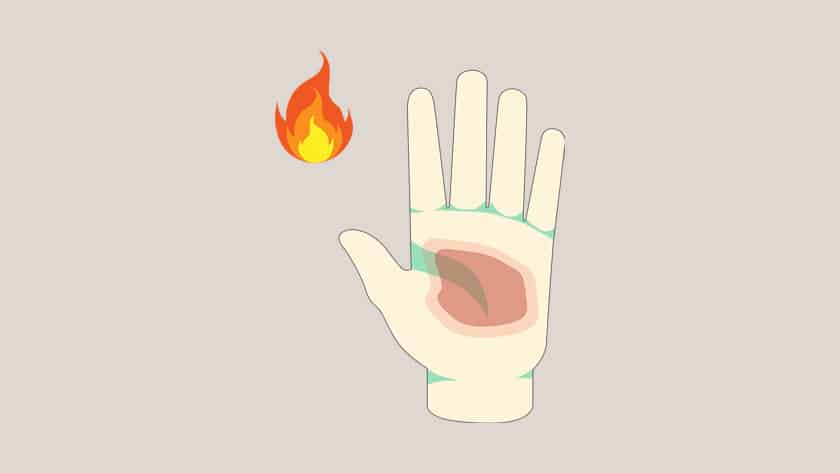
A burn is an injury to our body’s tissues, mostly on the skin, resulting from heat, chemicals, electricity, radiation, or sunlight. Hot liquids and steam, building fires, and flammable liquids and gases cause scalds. A thermal inhalation injury may also occur due to breathing smoke.
Still curious? Click here to find more about what burns are.
Medical Treatment for Burns
Self-care measures such as keeping skin moisturized, applying anti-itch creams, taking allergy medication, taking a warm bath, using mild soaps, and avoiding scratching help reduce itching and soothe inflamed skin. Severe second-degree and third-degree burns can lead to problems in deep skin tissues, bones, and organs and may need other specialized treatment.
- Topical medications
- Oral medications
- Therapies
- Surgical and other procedures
Topical medications
Burn creams and ointments for wound healing, such as bacitracin and silver sulfadiazine, prevent infection, and prepare the wound to close.
Oral medications
Since healing burns are painful, doctors recommend pain relievers such as acetaminophen, ibuprofen, or naproxen. Patients may also need morphine and anti-anxiety medications — particularly for dressing changes.
Therapies
If the affected area is large, patients may need physical therapy exercises to help stretch the skin, maintain the joints’ flexibility, and improve muscle strength and coordination.
Surgical and other procedures
Doctors recommend intravenous antibiotics and tetanus shot to prevent infection. Patients with extensive burns on the neck area may need a feeding tube for nutritional support. Skin grafting and plastic surgery can improve burn scars’ appearance and increase joints’ flexibility affected by scarring.
Still curious? Click here to find more medical treatments for burns.
What do the experts say?
Dr. Ben Talei notes that CBD plays a significant role in treating burns.
Medical studies suggest that CBD helps in treating burns.
